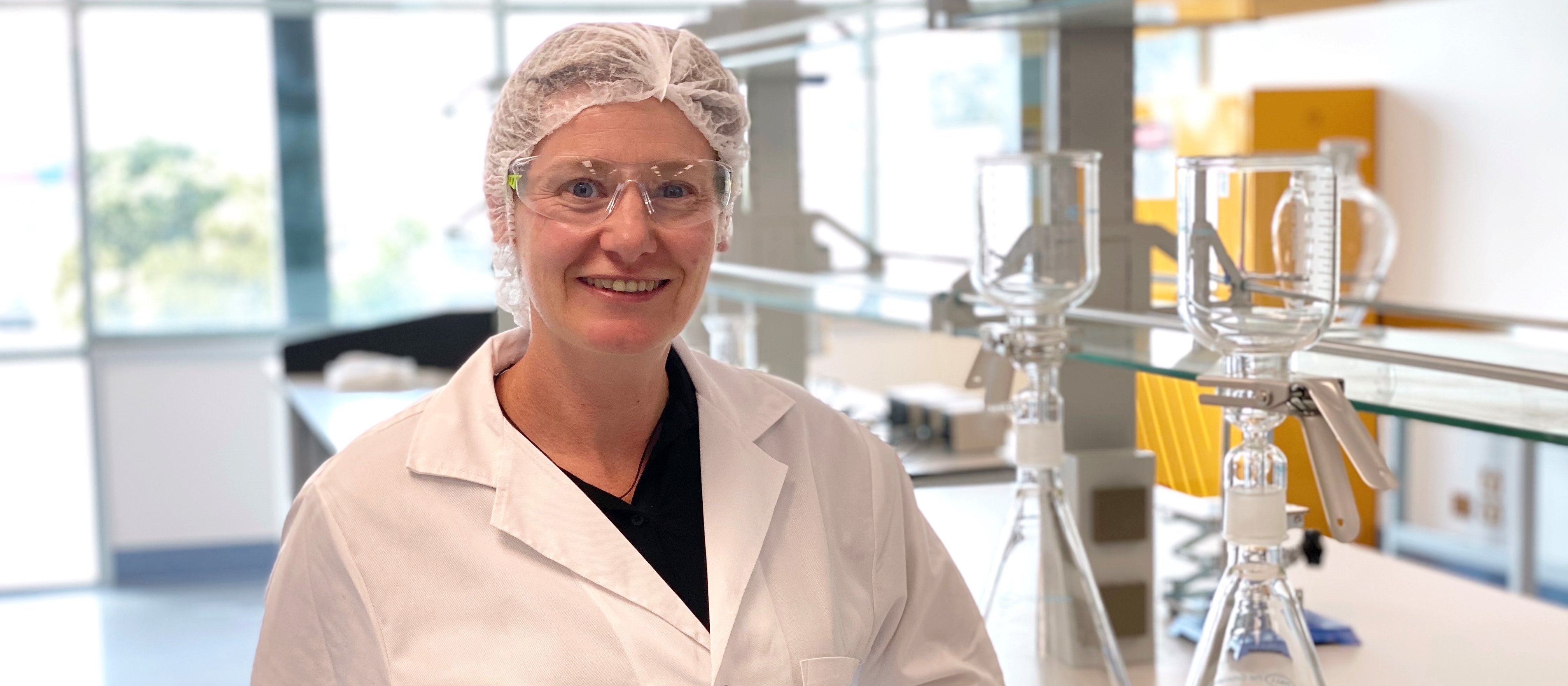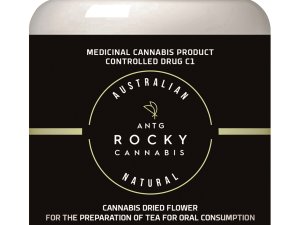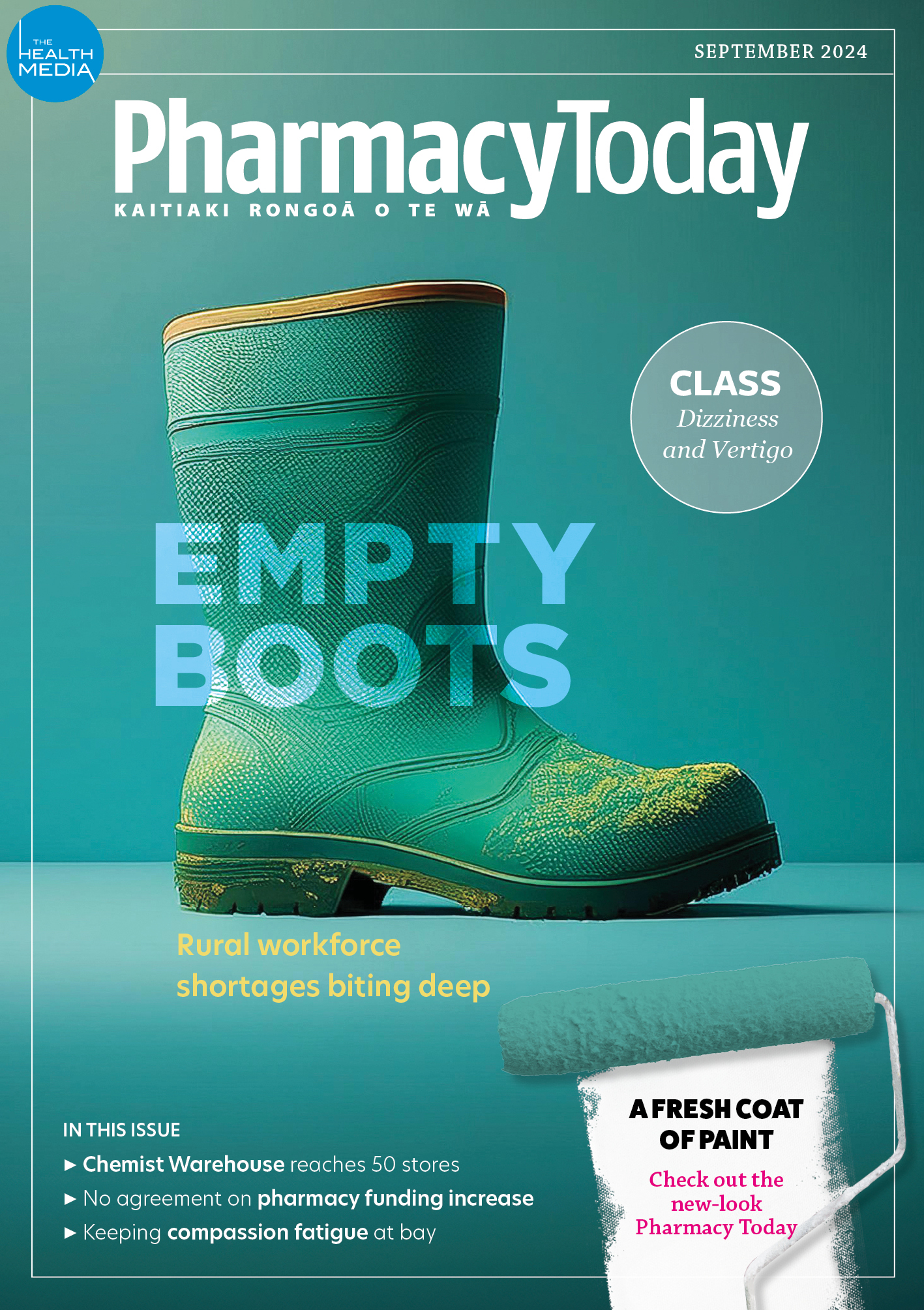Nataly Martini provides a brief overview of selected causes of dizziness and vertigo, such as benign paroxysmal positional vertigo and vestibular migraine. Through case studies, she explains how these conditions may differ from serious clinical syndromes such as cervicogenic dizziness, highlighting the complexities, risk factors and management of these conditions
Export rule changes allow local medicinal cannabis businesses to expand horizons
Export rule changes allow local medicinal cannabis businesses to expand horizons

-
In July, the Government changed the rules on exporting medicinal cannabis products.
-
The changes mean exports now only need to meet the standards of the importing jurisdiction, rather than the New Zealand quality standard.
-
Medicinal cannabis industry representatives welcome the move, saying it will now be easier to export products to the larger international market
Changes to the Medicinal Cannabis Scheme allowing New Zealand companies to export have been called a breakthrough for the sector by industry leaders.
In July, the Government approved the changes which mean exports now only need to meet the standards of the importing jurisdiction, rather than the New Zealand quality standard.
The shackles are off. Our New Zealand-grown products can now start to fulfill their potential
Sally King, executive director of the New Zealand Medicinal Cannabis Council, the industry association representing the sector, says the amendments are exactly what they’ve been waiting for.
“The shackles are off. Our New Zealand-grown products can now start to fulfill their potential,” Ms King says.
The amendments also streamline the licensing process, update testing and laboratory requirements, and improve a range of other matters which reduce costs and time, she says.
Helius Therapeutics is New Zealand’s largest producer of medicinal cannabis and has been providing New Zealand-grown medicines for local patients since the medicinal cannabis scheme came into effect in October 2021.
The company runs an 8800sqm fully licensed facility in Auckland’s East Tāmaki, with indoor cultivation facilities, cannabinoid extraction suites and manufacturing and packaging all under one roof.
Chief executive of Helius Carmen Doran, says she is optimistic the changes now give the industry the potential to supply patients around the world.
“Helius was always built for global scale and a fast ramp-up approach, the regulation changes mean we are now able to transition the partnerships we’ve formed around the world into supplying extracts and flower products for patients.
“Medicinal cannabis hits a sweet spot for us here in New Zealand, building upon our strong horticultural experience in breeding, genetics and growing consistent high-quality crops and combining it with our strong focus on research and development in a healthcare setting,” Ms Doran says.
Helius holds both Good Agricultural Collection Practices and Good Manufacturing Practices certificates which are recognised in a number of markets around the world, including Australia, Europe and South America.
For companies such as Helius, the regulation changes are game-changing, but for others such as Rua Bioscience, it just presents more opportunity.
Rua Bioscience is a publicly listed company started in Ruatoria on the far East Coast of the North Island.
Chief executive Paul Naske says it’s the first Māori company that was publicly listed. “It started as a social enterprise to do good for the community.”
Rua Bioscience brings medicinal cannabis products to doctors in key markets in New Zealand, Australia, Germany and the UK.
When it started, the company planned to manufacture its own products in New Zealand and export to the world, Mr Naske says.
“But the regulations in New Zealand make it extremely tough to do that and very costly to do that, so we changed our approach.
“We operate in a medicinal framework and we bring products to those markets.”
Because of this change in approach early on, Mr Naske says the new changes to export regulations won’t have any effect on their business model but does present them with more opportunities.
“Our business model is not reliant on manufacturing in New Zealand and exporting, but it is an addition to our business.
“But for a lot of people it will be a game-changer.”
The market for medicinal cannabis is small but growing as people become more aware of it, Mr Naske says.
There is an increase in both doctors and patients who are seeing the benefits. “The regulation changes are only going to increase that trajectory.”
Since the amendment was announced, Mr Naske says he’d seen arguments that it would result in cheaper medicine for people here at home. But he’s not so sure.
“We’re the world’s biggest exporter of dairy products but it doesn’t mean we have cheap cheese. I don’t think it correlates but I don’t want to dampen people’s enthusiasm.”
Stephanie Ockhuysen is a Taranaki journalist







